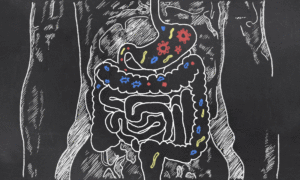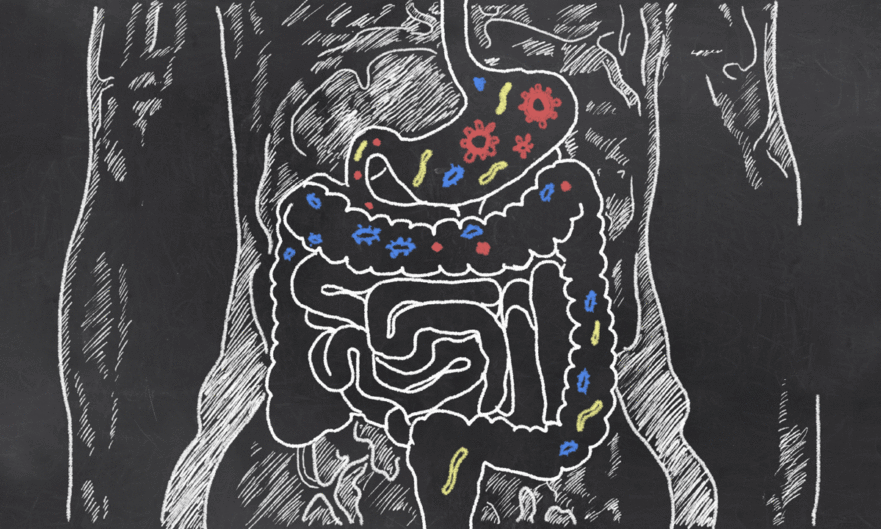 The amazing thing about science? It evolves.
The amazing thing about science? It evolves.
For example, we’ve known for years that diet influences our health, but scientists have been uncertain to what extent and how. Recently, though, we’ve begun to understand more about the role it plays through research.
Today, we are aware of the influential microbiome – the diverse ecosystem of organisms that consist of bacteria, fungi, and viruses in our gut. The ecosystem is dependent upon its varying components to perform necessary chemical reactions that create molecular level changes in our bodies. And the more diverse our microbiome, the better our health.
How does the microbiome influence health?
As it turns out, the microbiome acts as the middleman between our food choices and how our genes are expressed, and it can have a wide ranging effect on our bodies. From the gut, lungs, heart, mood, cognition, weight, to autoimmune disease, what we choose to eat can act as the best medicine or poison to our bodies.
How does your microbiome do this?
Depending upon what you choose to consume, your microbiome releases chemical information that travels through your entire body, regulating your genetic expression, by turning switches on or off, making genes active or inactive.
How do we know this?
Recent research has shown that there are two critical components to our diet that influence the functionality of our microbiome. The first: the fatty acids that are produced when we digest plant fiber. The second: consuming nitrogen through protein sources.
A study conducted by the University of Wisconsin, Madison, published in Molecular Cell, analyzed the mechanics of the gut microbiomes communication with the host’s cells, and how that influenced the host’s gene expression.
They found that the typical Western-type diet – high in processed foods, simple sugars and bad fat – produced a less diverse microbiota, which resulted in less communication with the host cells.
While hosts that consumed plant fiber, which was metabolized and fermented to produce short-chain fatty acids, significantly influenced the epigenome, the chemical information that regulates the expression of genes.
Another study, conducted by the University of Sydney’s Charles Perkins Centre, found that the microbiome’s amount of diversity was influenced by the consumption of nitrogen.
Our bodies, especially our guts, require specific nutrients in order to function properly, both nitrogen and carbon. But the microbial ecosystem is shaped by a need to access nitrogen in the intestinal environment.
Where can we find nitrogen in our diets?
Nitrogen can be found in the protein that we eat. But not just any protein sources; think grass-fed beef, wild game, cold water fish, shellfish and free range eggs. In consuming protein, we balance our protein-carbohydrate ratio, and therefore increase our microbiome’s diversity – which is key to communication and healthy genetic expression.
This new information makes sense from an ancestral perspective. Perhaps the template for a healthy microbiome was set hundreds of thousands of years ago when the human diet consisted of an abundance of plant foods and wild game.
The studies presented above not only support the basis of the Paleo diet, but also help us to better understand why it works and how it may work better.

